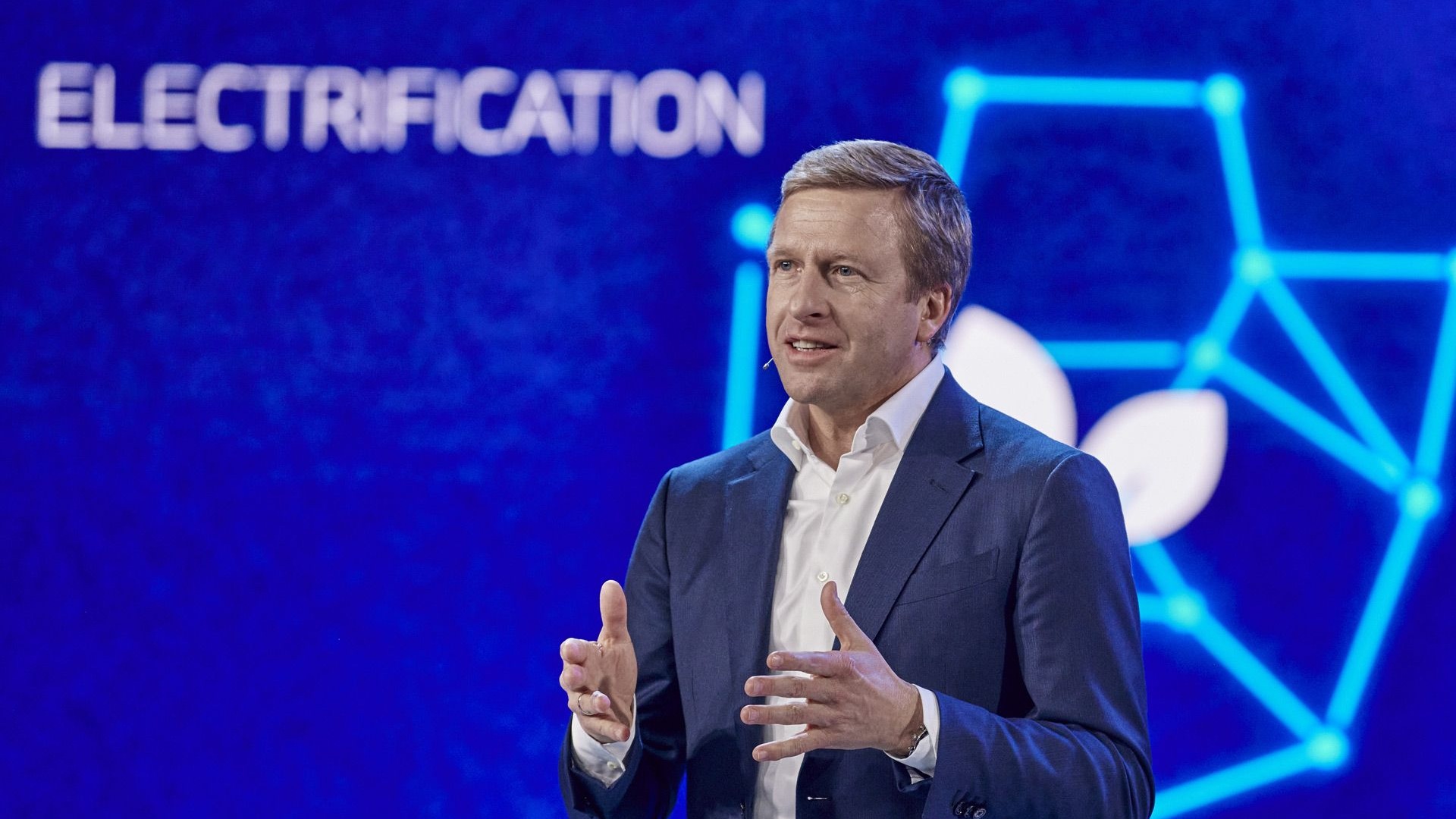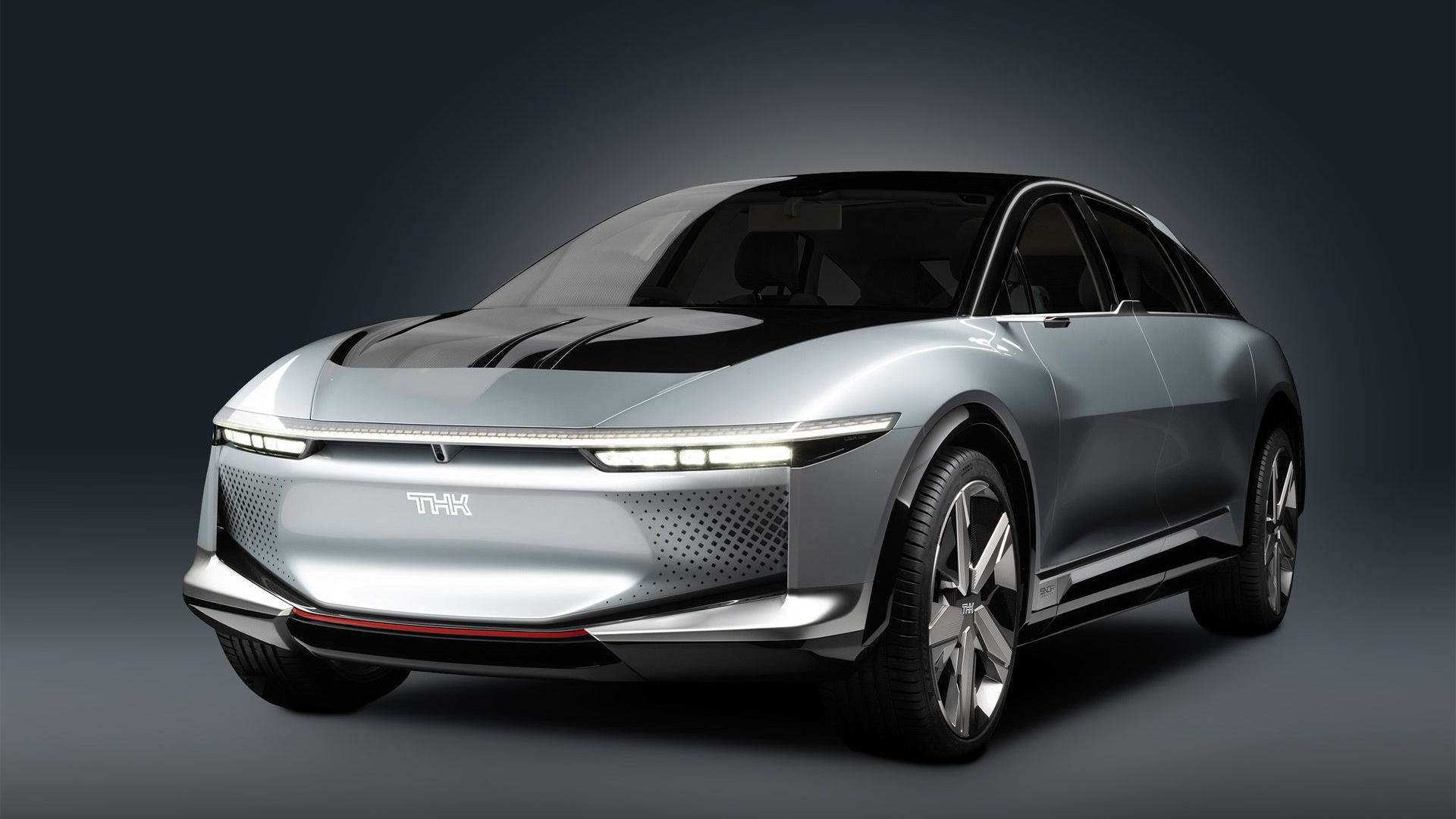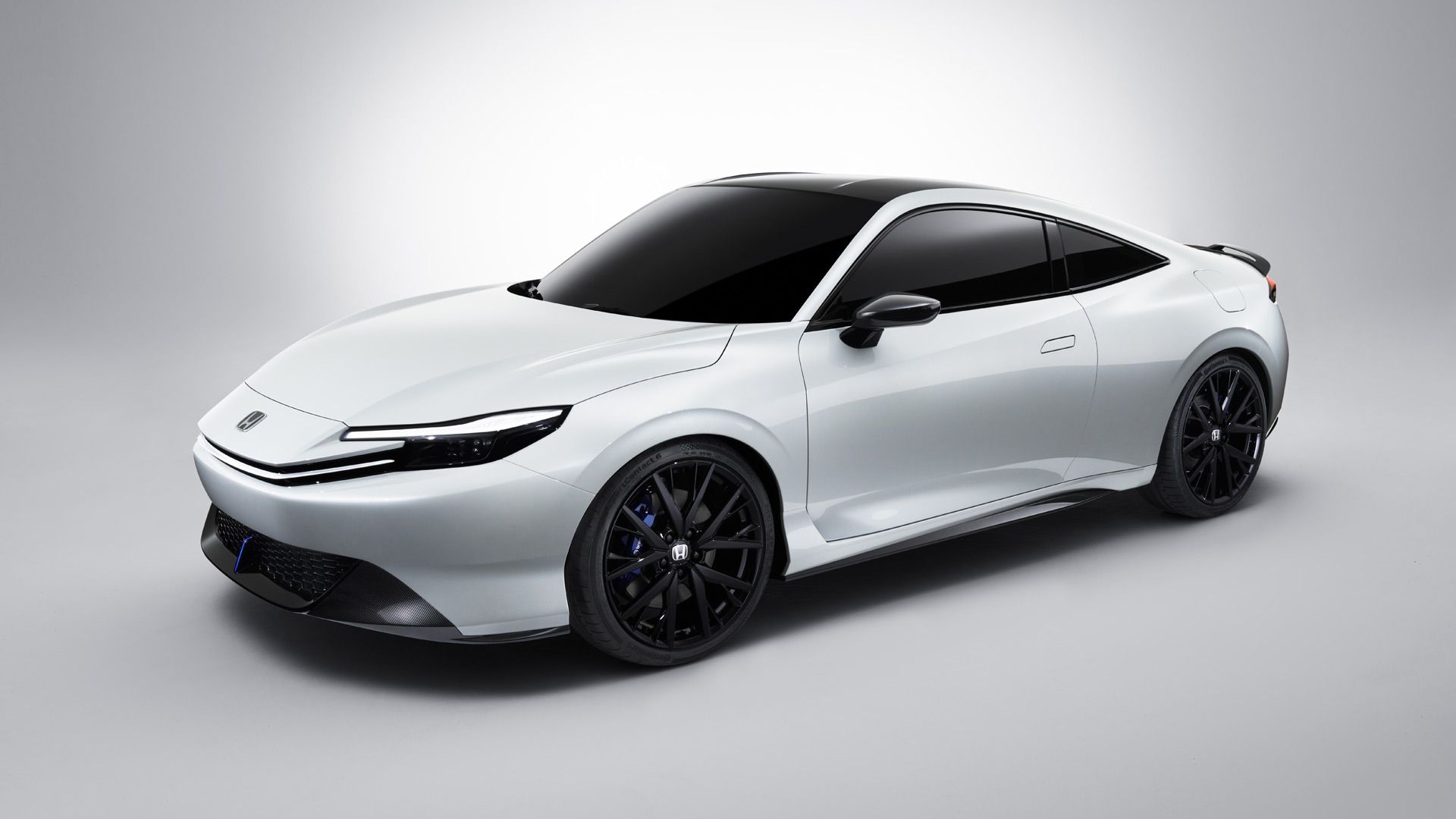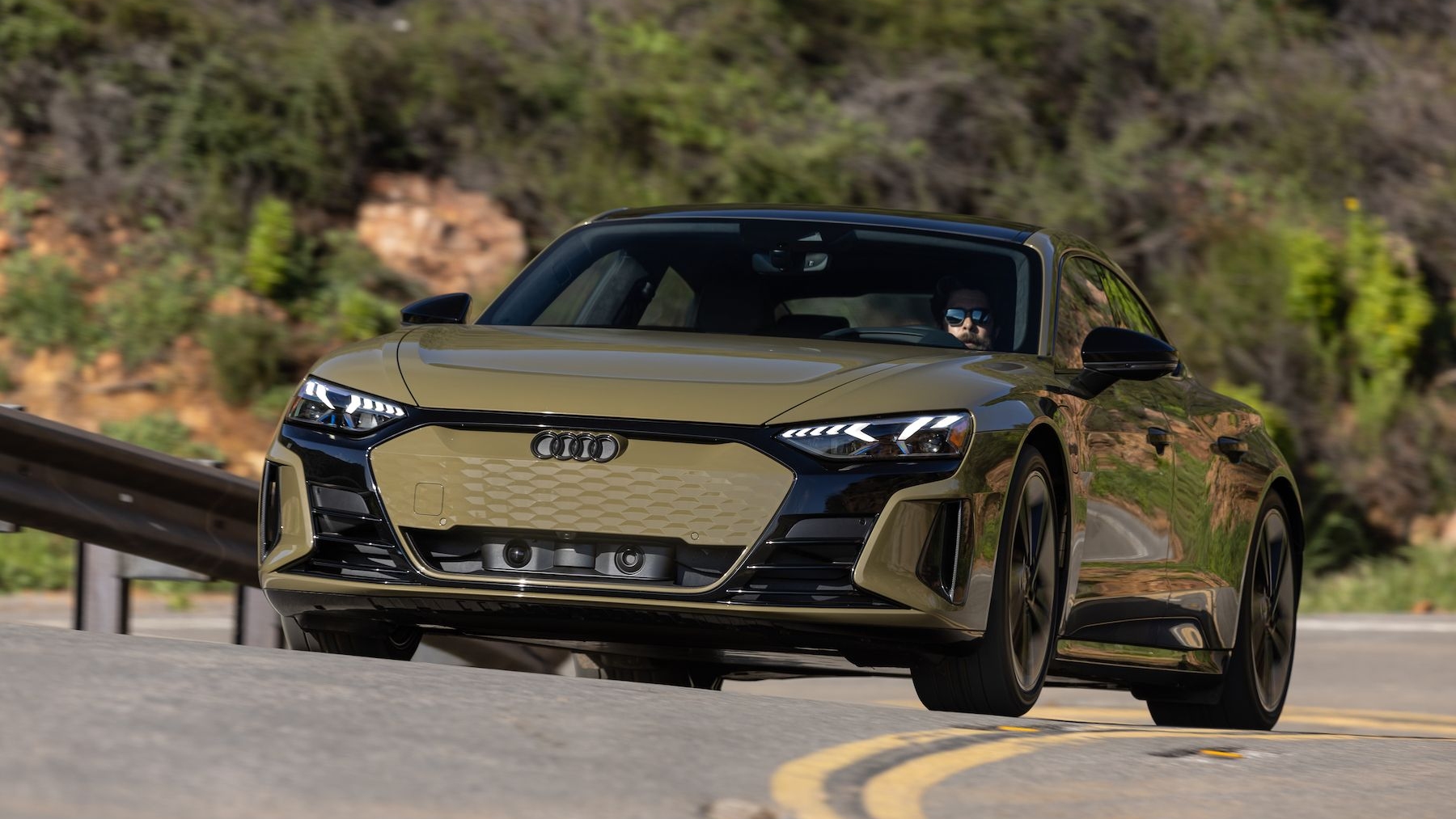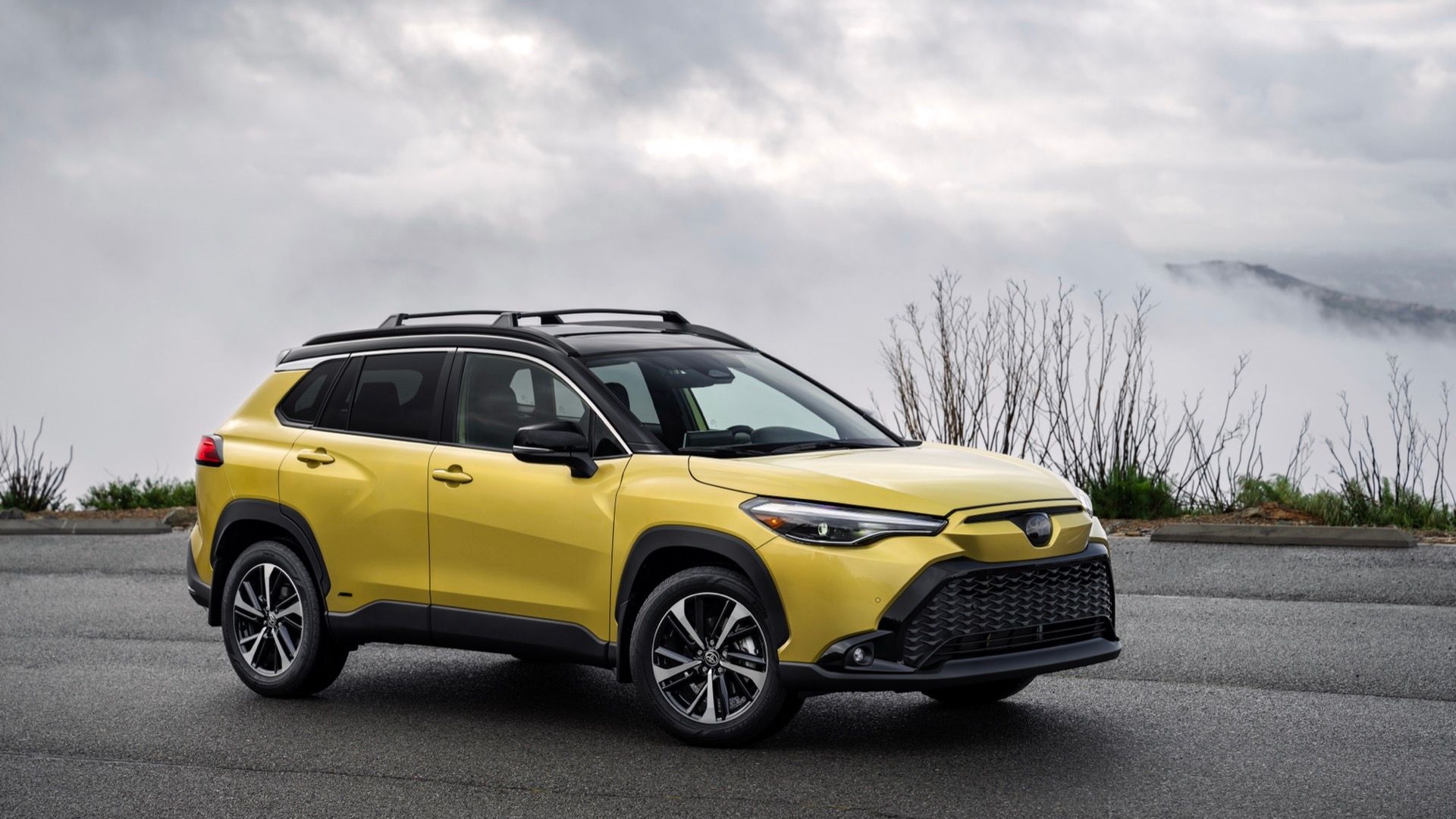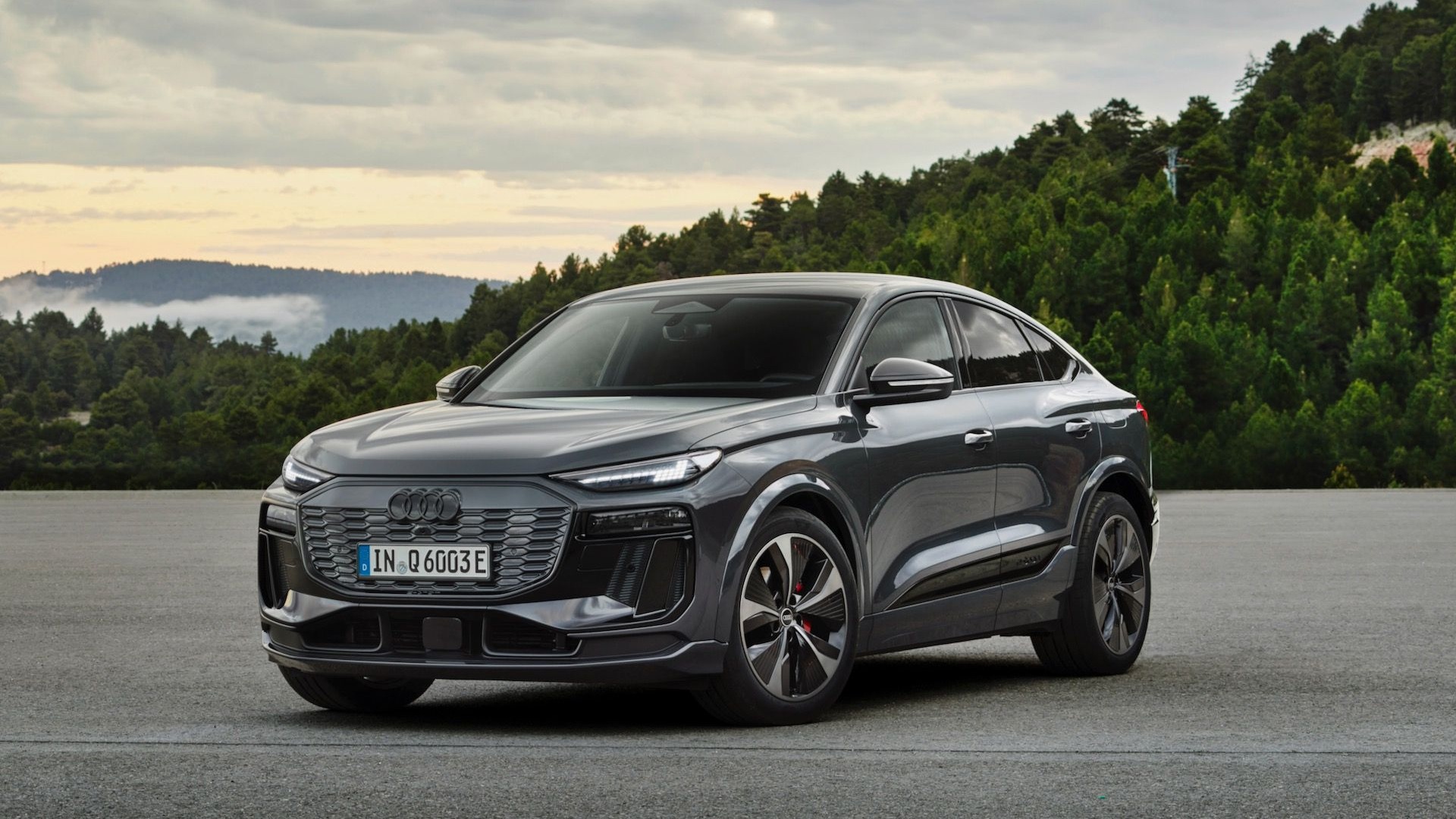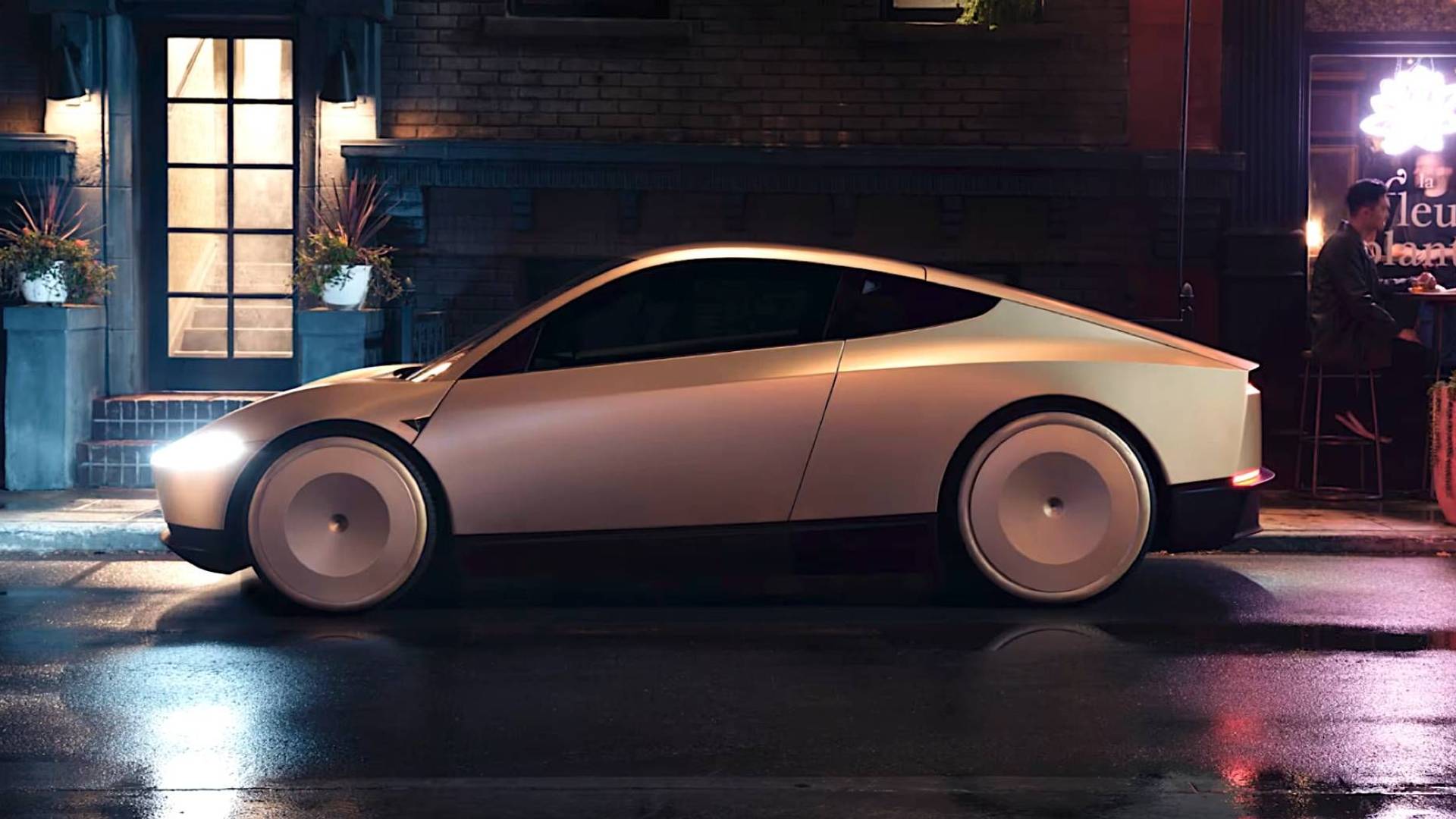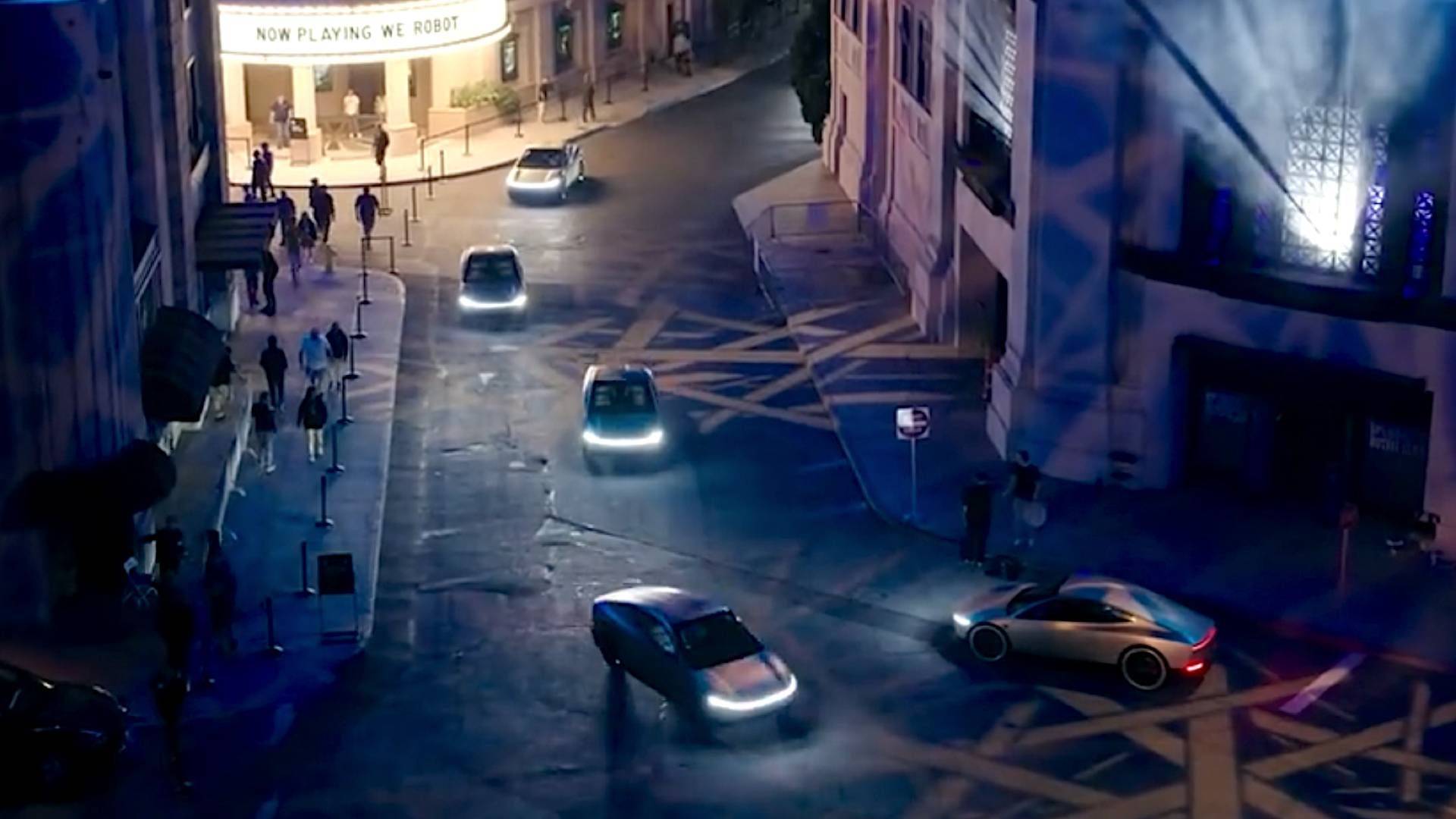The total number of U.S. EV charging stations has increased by 32% since 2023, but that growth has been unevenly distributed among the states, Here Technologies found in a new study.
Here, which provides map data to automakers for use with navigation systems and location-based services, ranked charging infrastructure based on how far EV drivers must go to find a charger, how quickly they can charge, the number of EVs on the road in a given state, and the estimated likelihood of finding an unoccupied charger upon arrival.
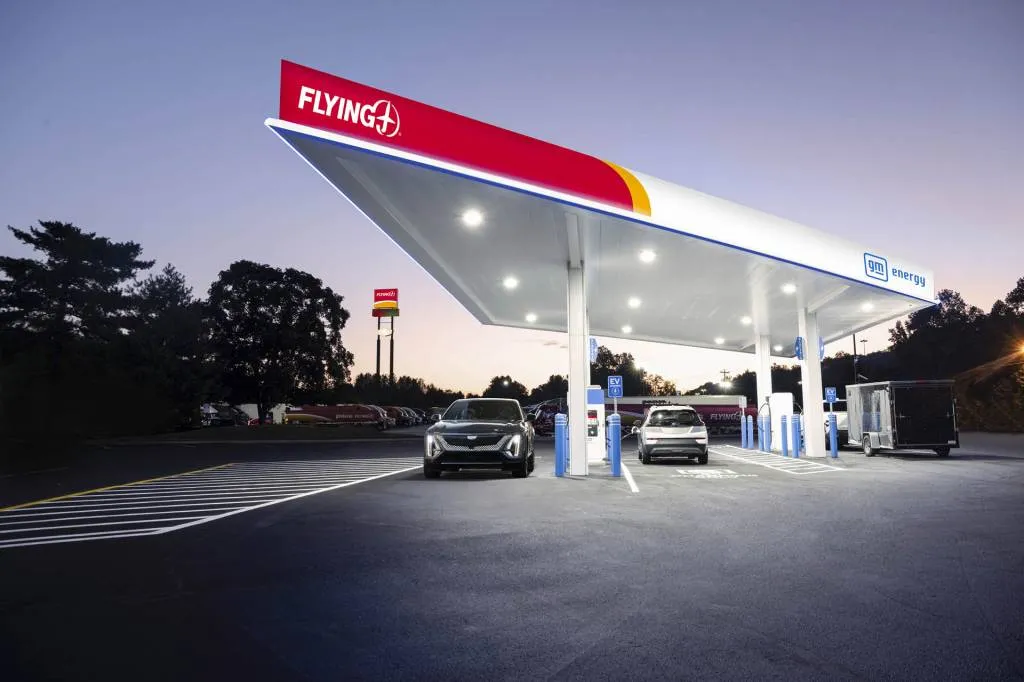
GM and Pilot Company's EV charging network
States were ranked on all four factors, with a maximum 25 points each for a total possible score of 100. Delaware received the highest score at 79.4, followed by the District of Columbia (72.5). Massachusetts and Nevada tied for third place at 64.2, followed by Connecticut, which scored 63.7 points.
The lowest-ranked state was Alaska, at 19.6 points. Arkansas was one place up from the bottom with 33.3 points, with Idaho (35.3 points), Nebraska (37.3 points), and Minnesota (40.7 points) just above it.
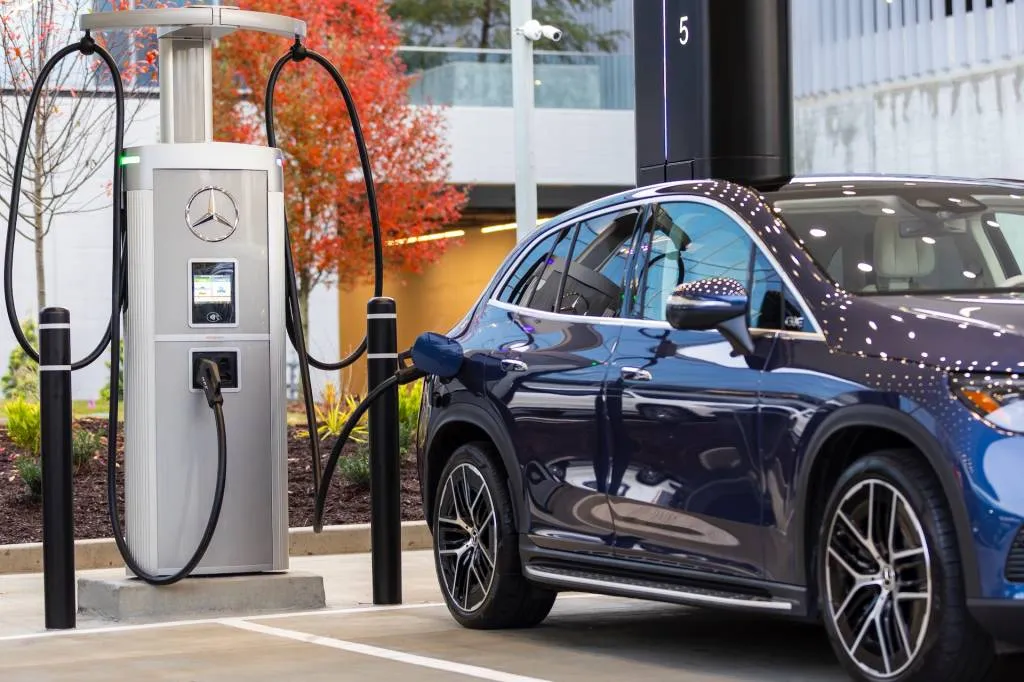
Mercedes-Benz EV Charging Hub in Sandy Springs, Georgia
Looking at specific metrics, Delaware, Tennessee, Louisiana, Texas, and Indiana, saw the most significant improvements in charging infrastructure, according to Here. Kansas, Massachusetts, Maine, and Nebraska were the most reliable overall, with 98% of chargers within their borders operational at the time of the study. Alaska, D.C., and Hawaii all had above-average levels of inoperable chargers, with more than 10% nonfunctional at the time of the study.
Regional disparities are also apparent in the slow rollout of the national EV charging network funded by the Bipartisan Infrastructure Law. States are responsible for determining how the federal money is spent, and they've been moving at different speeds in implementing charging-infrastructure plans, slowing the rollout of the network.
